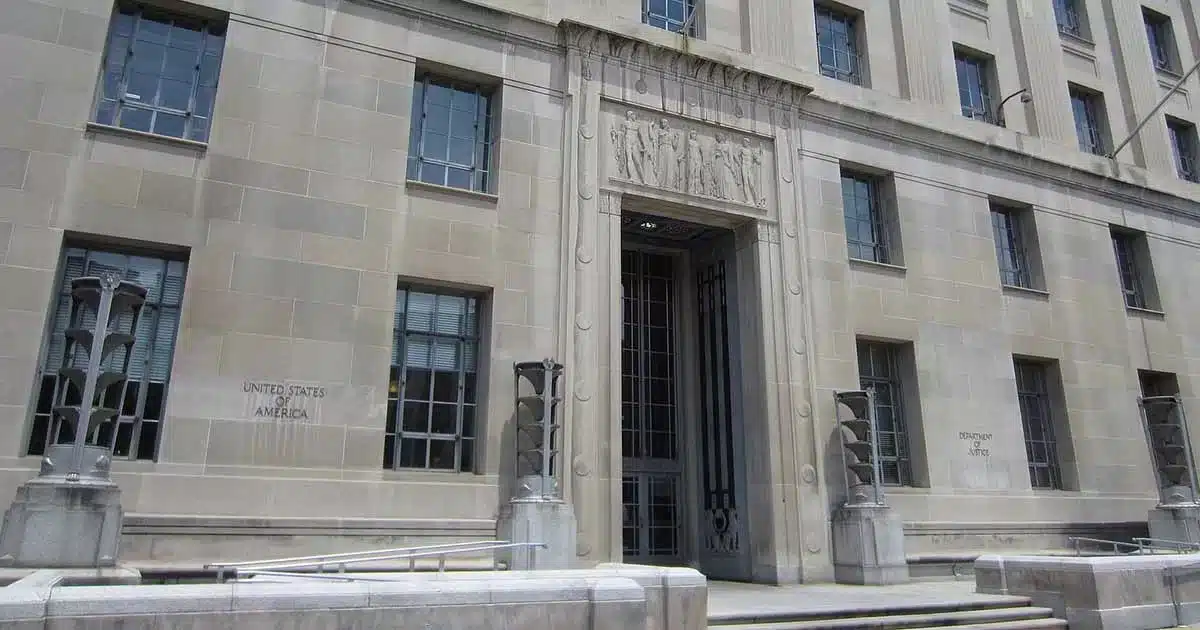The Justice Department (DOJ) inquiry into Live Nation and Ticketmaster’s business practices has expanded with a fresh demand for new information and documents, according to a report by Bloomberg. The inquiry, which became public during the fallout from last year’s Taylor Swift Eras Tour debacle, has followed years of accusations that the globe’s largest concert promotor and the globe’s largest ticketing company, which merged in 2010, operate as an illegal monopoly.
While reports had indicated that the DOJ had hoped to file an antitrust lawsuit against the companies by the end of 2023, the process has dragged on, due to their resistance to cooperate with the investigation. Instead, the inquiry continues with this new set of requests and hopes of bringing a trial later in 2024.
“Antitrust enforcers, who have been investigating the company for more than a year, have been frustrated with Ticketmaster over how slowly it has responded to the Justice Department’s requests,” says Bloomberg’s Leah Nylen in the report, citing individuals with knowledge of the investigation within the DOJ. “Because of that, the Justice Department has been forced to rely on third-parties to help make its case. In December, the Justice Department sent follow-up information requests to rival ticketing platforms, said two other people familiar with the matter.”
The company also saw headlines in the fall after it was subpoenaed by a senate subcommittee after allegedly “stonewalling” requests for documents and information about its business practices.
Live Nation and Ticketmaster have been defending allegations of abusing their market power for close to two decades. In 2019, a DOJ investigation found that the companies repeatedly breached a consent decree agreed to when they merged. But the penalties at the time were fairly mild – fines, and an extension of the consent decree. The behavior in question – Live Nation is regularly accused of avoiding putting high profile shows into venues that don’t use the Ticketmaster system – has continued anyways.
It argues – in positions largely established by prominent antitrust litigator Dan Wall, who went in-house as Live Nation’s lead after years of serving as outside counsel for the giant – that it has every right to route its shows to Ticketmaster venues and no threats are involved. It argues that all of the consumer issues in live event ticketing are because of ticket resale being allowed, rather than its own actions.
That message, amplified by an enormous lobbying budget, has largely stalled progress on a number of proposed bills at the state and federal level aimed at addressing major consumer issues like ticket transferability, speculative ticketing regulations, and long-term exclusive venue contracts like those Ticketmaster regularly employs.
The messaging, however, has failed to gain much sympathy among the company’s many critics like Minnesota Sen. Amy Klobuchar, who led the Senate Judiciary hearing last January in the immediate wake of the Taylor Swift mess, and has continued to call for their breakup.
“Live Nation is so powerful that it doesn’t even need to exert pressure, it doesn’t need to threaten, everyone just falls in line,” Klobuchar said at an event held by the American Economic Liberties Union examining the potential breakup of the giant last month.
Amid all the negative attention, Live Nation Entertainment has continued to post record-shattering earnings each quarter, fueled largely by the increased adoption of price-surging “dynamic” and “platinum” ticket offerings that have driven ticket prices into the stratosphere.




